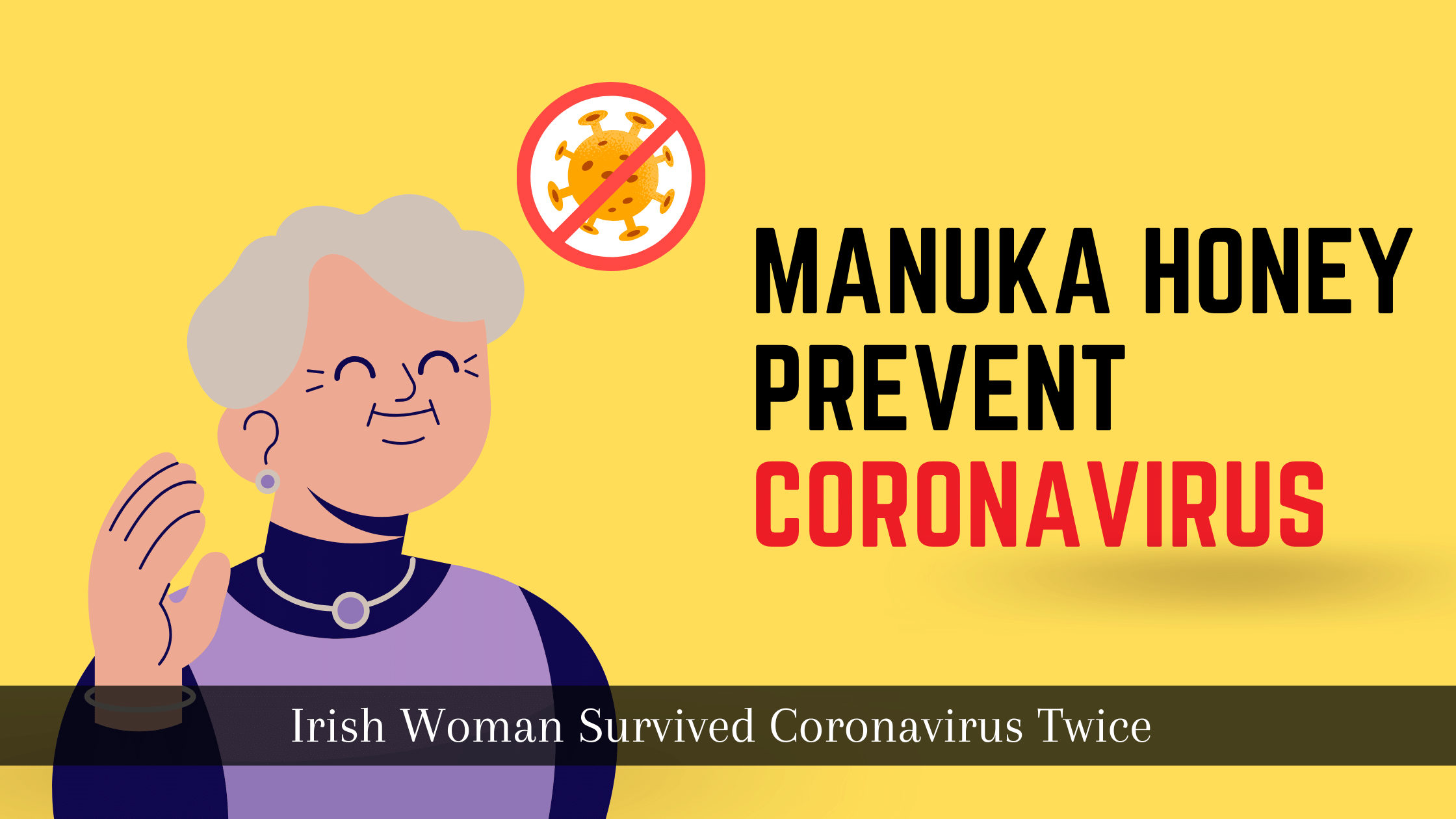
Manuka honey is produced in New Zealand, and Australia by honey bees which pollinate the indigenous Leptospermum scoparium bush, also called a tea tree. Its advocates state it can heal wound infections and other diseases.
Since ancient times, honey has been employed for treating multiple diseases. It was not until the later part of the nineteenth century that scientists found out that honey has natural antibacterial attributes.
Honey provides the human body protection against harm caused by bacteria. Some types of honey also cause the growth of special cells capable of repairing tissue damaged by infectious diseases. Manuka honey takes an anti-inflammatory action in the human body, which helps ease inflammation and pain.
Nevertheless, every honey is not the same. The honey’s antibacterial attribute depends upon its type, how and when it is harvested.
Hydrogen peroxide makes most honey antibiotics. But some kinds of honey, including Manuka honey, have special antibacterial attributes. A major antibacterial component of Manuka honey is known as methylglyoxal (MGO).
MGO is derived by the process of converting another compound in Manuka honey called dihydroxyacetone (DHA). A massive concentration of DHA is found in Manuka flowers’ nectar.
The greater the MGO’s concentration in the Manuka honey, the greater is its antibacterial impact which helps Manuka honey cure bacterial infections.
The Manuka honey’s primary medical use is for burn and wound healing. Generally, it is used for healing burns and minor wounds. Research has shown that Manuka honey has effectively treated other health conditions, including
1. Skin problems such as dermatitis and eczema
2. Sore throat or cough
3. Digestive health problems
But limited evidence is available on whether it can cure the health conditions discussed above.
The honey employed for treating wounds is called medical-grade honey. It is sterilized especially, and its preparation is done as a dressing. Therefore, you should not keep Manuka honey to give yourself first aid.
Many recent studies have found out that Manuka honey can help when it is used to cure leg ulcers and wounds. Studies also have found out that it may cure infectious diseases and help people heal faster.
Another study has found that Manuka honey might help prevent gingivitis. In some of the studies, it was found out that Manuka honey helped the inflammation of the esophagus caused by chemotherapy and radiation employed for curing cancer.
Another potential advantage of consuming honey is that it is not resistant to bacteria like antibiotics.
1. Allergy faced especially by people who are allergic to honey bees
2. An increase in blood sugar if Manuka honey is consumed in huge quantities
3. Impacts on some chemotherapy drugs
4. interactions with different medicines
An Irish lady who suffered from coronavirus two times claimed that regularly consuming manuka honey’s doses helped her fight through the possibly lethal virus.
Nevertheless, whether manuka honey may prove helpful in treating/or and controlling the coronavirus needs investigation. The demand for Manuka honey is quite expected to rise as its market is expected to expand from 2020 to 2028.
The information above tells you that manuka honey is beneficial for human health and its demand is also expected to rise. Therefore, you should become a wholesale manuka honey exporter and export manuka honey across the world for achieving your business objectives such as more significant sales revenue, market share, and profits.
Medical professionals would likely use your exported manuka honey to produce manuka honey lozenges to cure different health problems, which could help you establish a good reputation in the manuka honey market.